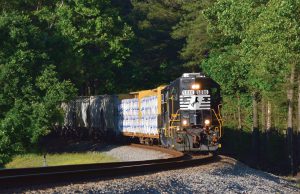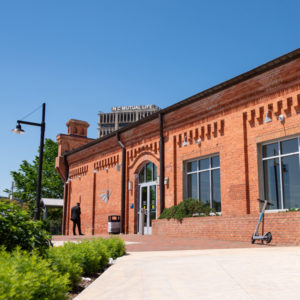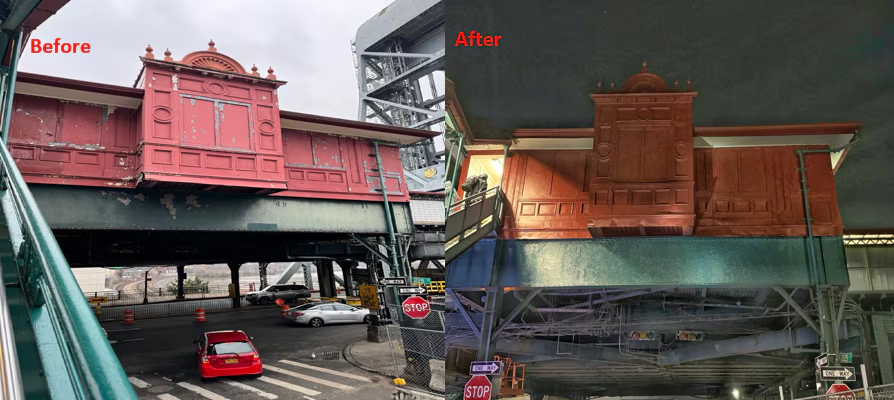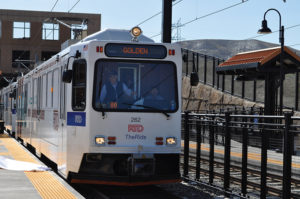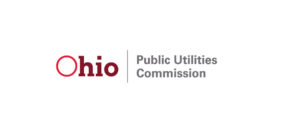North Lights Express gains FRA approval on preferred route
Written by jroodThe Federal Rail Administration approved the preferred route for Northern Lights Express. The route uses existing BNSF track from Minneapolis to Duluth, Minn., in the Highway 65 and Interstate 35 corridor. The approval is an important step for addressing the state's transportation needs, according to U.S. Senator Amy Klobuchar. "A 21st-century economy demands a 21st-century transportation network," Senator Klobuchar said. "Safe and efficient transportation is critical to our state. The approval of the preferred route for this project is another step toward improving travel for Minnesotans and laying the groundwork to address our state's transportation needs in the future." The NLX Alliance, made up of elected officials from local governments in the 155-mile corridor, reviewed plans to complete environmental documentation on the selected route and get started on a service development plan, survey and other work to advance this high-speed rail initiative. An ambitious schedule is required if trains are going to run at 110 miles per hour within three years of securing construction funds, as many NLX Alliance members and supporters envision, including U.S. Representative Keith Ellison. "Transit projects like the Northern Lights Express create jobs and in the long-term they reduce congestion and help protect our environment," Rep. Ellison said. "A few years from now, when we're hopefully riding a fast NLX train, we'll be grateful to the local supporters who championed the project through the approval process." Last December, the NLX Alliance approved a report for the Federal Rail Administration that demonstrated NLX has the potential for a positive benefit cost ratio. The analysis showed the Alliance's preferred route met Federal Rail Administration criteria for capital costs, ridership and revenue. The analysis looked at alternate routes in historic rail corridors where some of the tracks had been removed. A $5 million federal grant awarded in May 2011 and a $3 million appropriation from the state of Minnesota will allow for preliminary engineering to begin spring 2012. Additional Federal Rail Administration approvals will be needed along the way. Up to 80 percent of the total project's cost, currently estimated between $650 and $750 million, may be federally funded.

